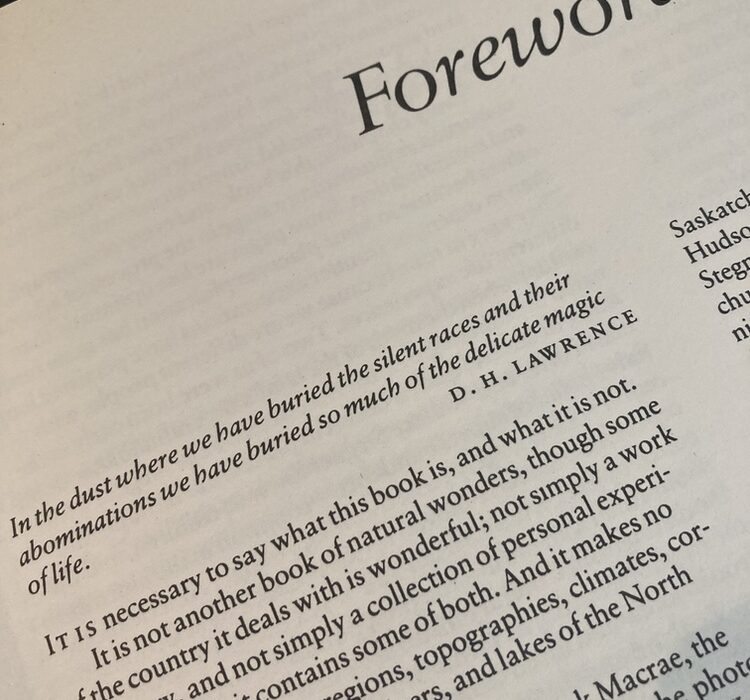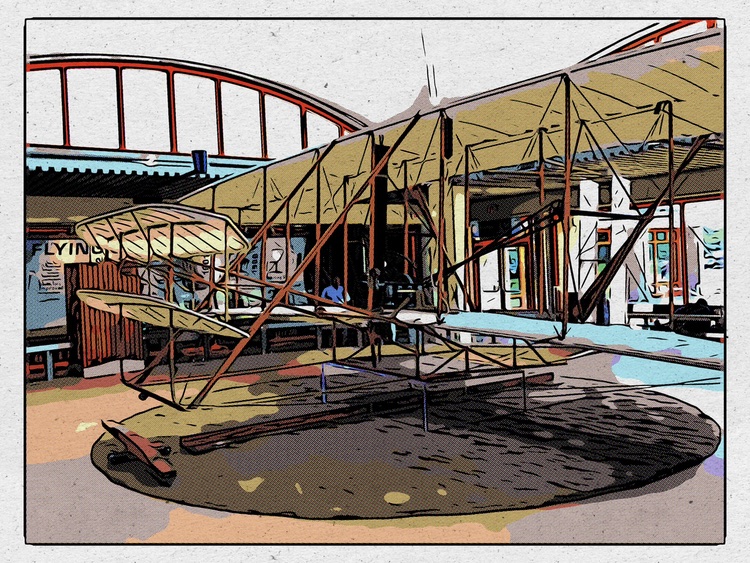The richness and meaning arises in part from choosing it at the expense of all other places you could be and things you could be doing. Accepting a place’s shortcomings, the things it lacks, and its imperfections is essential to appreciating everything it does have to offer.
Rosie Spinks, from Does where you live matter?
Striving is—in my opinion of course—my biggest flaw. I’ve never had the striving for place, the urge to move to a new location.
I’ve long enjoyed travel. I enjoy the anticipation, and the looking back (via my journals and selected photography), as much as the in-the-moment experience. Certainly, I spend more actual time in anticipation and in review, than I ever do actually during any trip. So here too, not striving.
Elsewhere? Oh, striving very much.
ɕ

